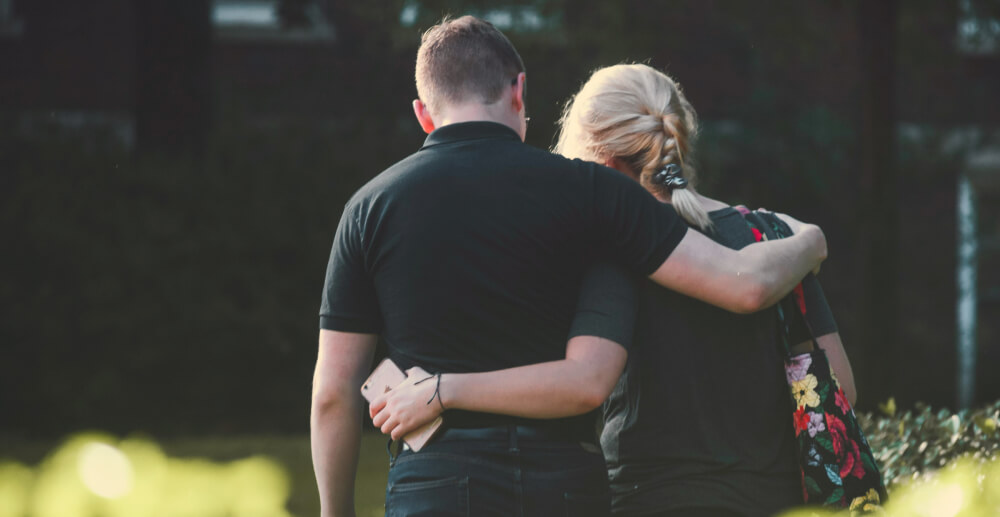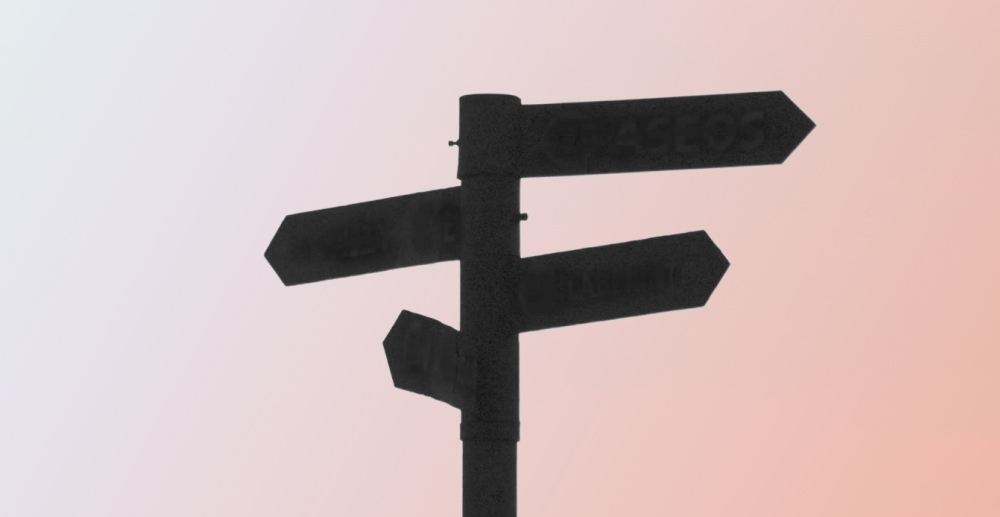Night sweats can be a clammy wake-up call to consider how alcohol is affecting your sleep and well-being.
I used to wake in the night drenched in sweat, feeling cold and uncomfortable. Actually, toward the end of my drinking, I was sleeping so poorly that I was more likely to just lie awake drenched in sweat. Either way, I refused to admit to myself that my night sweats were related to my alcohol use.
If you drink—especially if you drink heavily or engage in binge drinking—and you experience excessive sweating, it might be worth it to you to consider that the two could be connected.
Sweating can accompany drinking
Perspiration gets a bad rap, but it is incredibly important as one of the key ways our bodies cool down. This is lifesaving when we exert ourselves or when the weather is hot.
Sweating is also a common physical effect of alcohol consumption. When I first learned that alcohol was a central nervous system depressant, I thought that meant that alcohol should calm down all of my systems. But actually, drinking can increase your heart rate (making your pulse pound or your heart race) and dilate the blood vessels in your skin (causing flushed skin and sometimes even broken capillaries). It can also create a false feeling of warmth that is accompanied by sweating.
This artificial warmth is why people used to think alcohol could warm you up if you were chilled, spawning all of those paintings of St. Bernards with little barrels of brandy on their collars. This use of alcohol is 100% a myth, as the flushed skin and sweating are more likely to cause an overall drop in body temperature than to lead to any helpful warmth.
Excessive sweating is a symptom of alcohol withdrawal
While moderate sweating is pretty common alongside moderate drinking, the uncomfortable night sweats that people find most concerning are more likely to be a symptom of alcohol withdrawal. Alcohol withdrawal symptoms can begin sooner than many people realize—often less than eight hours after the last drink, and sometimes as little as six. This means that if alcohol is consumed in the afternoon, evening, or night, withdrawal can begin in the middle of the night—just in time to cause that drenching, uncomfortable sleep sweat. The medical term for intense sweating that isn’t caused by heat or exercise is hyperhidrosis.
A lot of folks think they can’t possibly be detoxing or going through withdrawal because they don’t drink enough. But it is also very common to underestimate our alcohol intake. We have a post here about taking a clear look at your drinking, and Rethinking Drinking has a drink calculator that can help you determine how many standard drinks are in a container.
As I mentioned, I was solidly in denial about my own nightly withdrawal. To help you gauge whether withdrawal might be part of your own experience, here are some other common symptoms of alcohol withdrawal:
- tremors
- craving for alcohol
- insomnia or vivid dreams
- anxiety, agitation, or irritability
- loss of appetite
- nausea or vomiting
- headache
The rarer, more severe symptoms of alcohol withdrawal can be dangerous, so seek medical attention immediately if you (or a loved one) experience signs of delirium tremens (DTs), like disorientation, severe agitation, rapid heartbeat, high blood pressure, and fever. DTs can develop between 1 and 4 days after withdrawal starts.
Alcohol can contribute to menopausal night sweats
Alcohol aside, there are other situations and medical conditions that can cause night sweats. One of the most common is perimenopause (the time when a woman’s body is transitioning to menopause). This is not considered a disorder, but a stage of life, and it can continue for many years. While hot flashes and night sweats are normal during perimenopause, studies suggest that those who drink alcohol are more likely to experience both hot flashes and uncomfortable night sweats.
Is there any way to stop alcohol-induced night sweats?
If you’re having regular and distressing night sweats and you don’t drink alcohol, talk to your doctor. There are many possible causes of this kind of sweating, and they might be able to diagnose the cause and propose treatment options.
If you’re experiencing night sweats while drinking, the number one suggestion you’re going to encounter is to stop drinking. I know that that is easier said than done, even for people who drink moderately. For those like me who have alcohol use disorder, it can seem like an overwhelming prospect. But it is absolutely possible to quit drinking. Our blog post “How to Quit Drinking” might be a good place to start, and Workit Health offers clinical support for stopping or reducing your alcohol consumption, as well.
If you aren’t ready or willing to stop drinking, here are some ways to make alcohol-related night sweats less distressing:
- Have clean sheets and pajamas available in case you sweat through the ones you start the night with.
- Take a warm shower (a cold one might leave you chilled, and a hot one may make you sweat more) to wash away the sweat.
- Stay hydrated. This sounds counterintuitive, but excessive sweating can cause dehydration.
- Cut back on caffeine, and stop using tobacco and drugs. All of them can make night sweats worse. Your medical provider may be able to provide support to help you quit tobacco and drugs.




